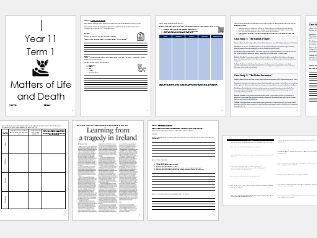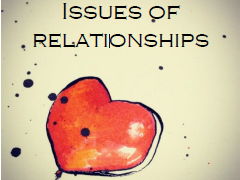HumanitiesHOD's Shop
Please browse a selection of religious studies, philosophy, history, geography and generic lessons and resources. All have been tested and used in my classroom. Most resources are complete lessons with writing frames & differentiated activities. I have been teaching since 2007 and have been Head of Humanities since 2011. I am a GCSE and A Level examiner which I utilise when planning for exam courses. Please review if you download anything as I will try to edit and improve using any feedback









